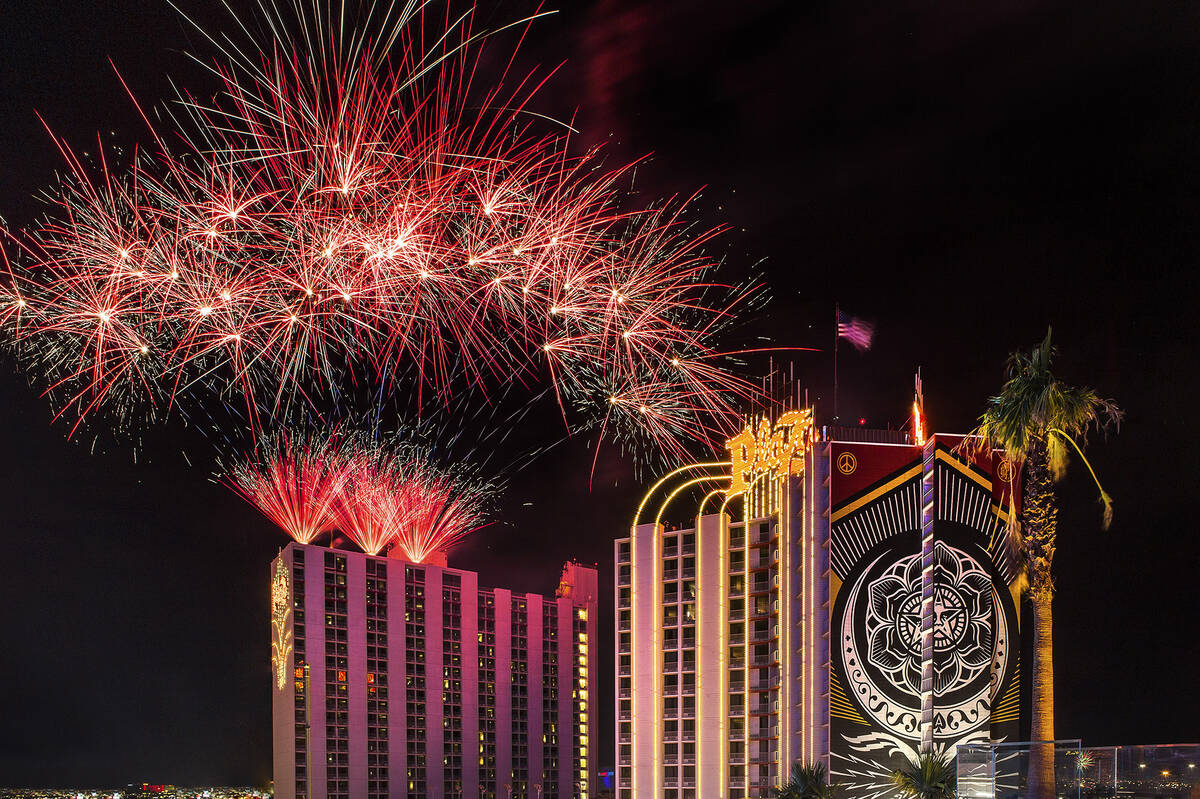COMMENTARY: What, to an American today, is the Fourth of July?
Where can you find music, food, patriotic speeches and everyone wearing red, white and blue to celebrate the Fourth of July?
Well, about any city or town in the United States, right?
Sure. But how about Ribild National Park in Denmark? Or Lillestrom, Norway? Or New Ross, Ireland?
Each place celebrates the signing of the Declaration of Independence — and not for some parallel occasion. Instead, they celebrate the American Fourth of July.
Imagine that. When was the last time you celebrated Bastille Day (July 14, the national holiday of France) or October 3 (German Unification Day)? Or Freedom Day (April 27 in South Africa)?
American Independence Day is something special — and not just for Americans. It celebrates the “self-evident truth” that “all men are created equal.”
Today, of course, equality seems self-evident. It has become one of the cornerstones of our political discourse and legal system. We all take it as a given. Or at least most of us do.
Occasionally, you run into someone who disagrees. Several years ago, I attended a conference during which one of the participants argued vehemently for a return to monarchy. “This democracy thing isn’t working out,” he stated. “We should ask Queen Elizabeth to take us back. We’d all be better off.”
However, what makes the Declaration of Independence revolutionary is that equality was not self-evident in 1776. Sure, there had been notions of it in documents such as the Magna Carta and the English Declaration of Rights. However, these statements described equality under a king, not equality with the king. And none contemplated independence, much less democracy. Democracy, it was widely assumed, was an unsustainable system best left to the ancient Greeks.
Therefore, the Declaration of Independence’s claims didn’t describe things as they were but rather as they ought to be. It was aspirational.
In 1852, in Rochester, N.Y., former slave Frederick Douglass recognized this in a speech on “What to the Slave is the Fourth of July?” Addressing the Ladies Anti-Slavery Society, Douglass answered that there was much to criticize in the actions of Americans of his day (in both North and South) but that he was nevertheless encouraged by the principles of the Declaration and the “genius of American Institutions.” Douglass criticized the gap between American principles and practices, writing as an outsider and a patriot.
A century later, a true outsider, Swedish author Gunner Myrdal, would write about the “American Dilemma” — his term for American hypocrisy in race. At the time, the United States was engaged in a material and a spiritual competition with the Soviets. The argument for freedom and capitalism, Myrdal argued, could be effective only if the inconsistencies in the theory of American principles and actual American social and legal practices were eliminated. This was stinging, coming from a foreigner.
But what of Americans today? What do we think is the meaning of the Fourth of July?
I am reminded of the classic “Peanuts Christmas” plot in which Lucy creates a Christmas pageant built entirely on glitz and glitter, presents and popcorn. When Charlie Brown finally cries in despair for the true meaning of Christmas, Linus brings things back to their true meaning.
For many of us, the Fourth of July is nothing but glitz and glitter: parades, flag-themed shirts and shorts, hot dogs and potato salad, and (above all) fireworks. While there is nothing wrong with any of these things (well, maybe the flag-themed shorts), they miss the true meaning of the occasion.
In recent years, Americans have moved away from reflecting on how better to adhere to our principles. Some have gravitated toward a reflexive patriotism. Others have become reflexively ashamed to be American, rejecting or denying the nobility of American principles and institutions.
Neither is correct. The Fourth of July should be the day on which Americans, and many around the world, pause to contemplate the higher aspirations of the Declaration — both those we’ve realized and those on which we still have work to do. If the Danes can do it, we can too.
Frederic J. Fransen is president of Huntington Junior College in West Virginia and CEO of Certell Inc., a nonprofit organization that provides schools and teachers with free digital curricula, e-books, lesson plans and related materials on U.S. government and history, world history and economics. He wrote this for InsideSources.com.

















